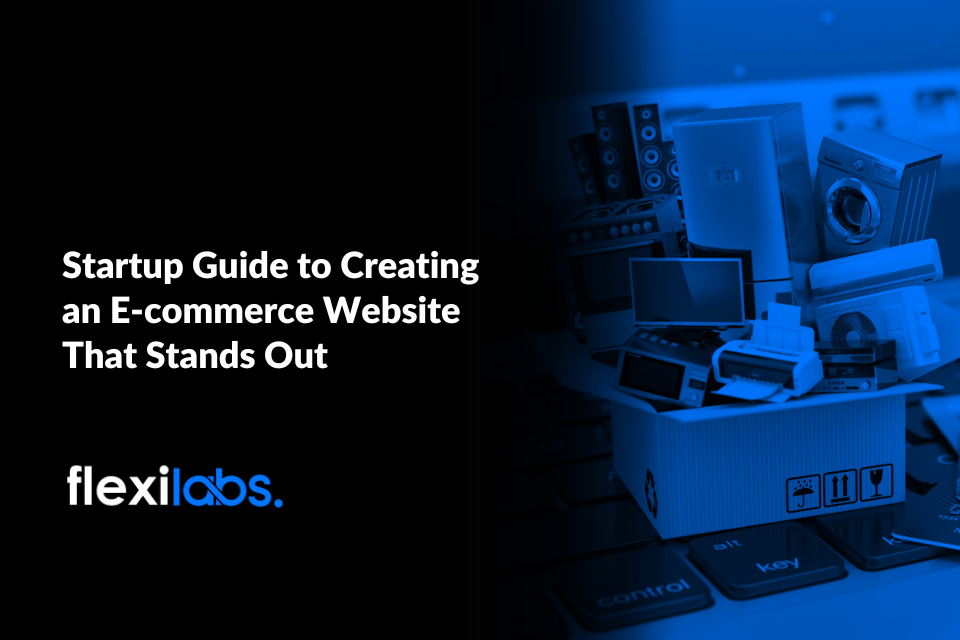Let’s face it. Not all startups succeed after they create their business. According to the Australian Bureau of Statistics, more than 60% of small businesses or startups stop their operation after the first three years of their business.
But don’t lose hope with this figure. It does not mean you should not start your startup. A study conducted by the National Business Incubation Association (NBIA) in 2010 stated that companies who participated in incubator programs had an 87% success rate.
Don’t celebrate yet, though. Some startups who joined an incubator program still failed. Many of the resources provided to them are the lowest level of accessibility. Likewise, this article will help you determine the seven characteristics of the most successful startup incubator.
What is a Startup Incubator?
A startup incubator is an organization that provides resources, mentorship, and funding to startups. These organizations are also known as accelerators, innovation labs, or entrepreneurship hubs.
These organizations provide early-stage companies with the infrastructure to grow and prosper. They provide startups with the necessary tools and resources to help them grow their ideas to life and get their foot in the door with startups and new technologies.
What can a Startup Incubator Do?
There are many benefits of joining a startup incubator. Since the primary goal of a startup incubator is to create more successful startups, they are often seen as the first step in creating a successful business.
One of the most important is that they offer some of the best mentors in the industry. The latter can give valuable advice on how to grow your business. In addition, they support startups by helping them with their business plan, testing their product for viability, and finding the right funding opportunities.
Likewise, below are some pros of joining a startup incubator:
- Access to funding, resources, and potential investors
- Offers accelerated and experienced knowledge in your industry
- Develop a long term plan for your company
- Have a support system at the start of your business
- Establish customers and client base
- Create new opportunities
Top 8 Characteristics of a Successful Startup Incubator
While startup incubators provide many benefits, you first need to ensure that the incubator program you are joining is the one for you. When entering an incubator program, you are not only there for the encouraging benefits. You are also putting their company and team at risk.
As such, you need to choose the right startup incubator carefully. Here are some points of a successful startup incubator to help you choose the right startup incubator.

1. Have an effective team management
To be considered a successful startup incubator, an effective management team needs to be considered. Effective team management usually includes having clear goals, a strong leadership team, and a supportive environment. They are often driven, single-minded, and have the know-how to build a tactical business plan and make them happen. In addition, each team member knows their expertise and how to utilize them to help your company.
A startup incubator with a dynamic management team can help your startup create a more efficient and capable business.
2. Have adequate financing
A successful startup incubator needs to have adequate financing. It is because startups are not usually generating enough revenue to sustain themselves. The incubator should be able to provide a cash injection for the startups to enable them to grow and develop their products.
Similarly, there are several ways that the incubator can finance the startups in their care. They can either provide equity, debt, or even grants. If they provide equity, they will own some of the company’s shares, which is only beneficial if successful and generates a return on investment. If they provide debt, they will need to be repaid, with interest rates on this being variable depending on how risky it is for the lender.
3. Have an Established Process and Organization
A successful startup incubator has an established process and organization to ensure that startups are given the right resources and have a clear path and timeline. They also focus on creating a community where startups can work together, learn from each other, and share their experience.
4. Knowledgeable in the industry and market
A successful startup incubator should have specialized knowledge in their industry. For example, suppose the startup they are mentoring is in the health industry. In that case, they should have a background in medicine and health research.
In addition, the success of a startup incubator is mainly dependent on how well it can keep up with the latest trends in technology. They need to be able to provide their startups with all the information they need and offer them advice and guidance on how best to use these technologies.
It will help them create a better environment for startups to innovate and grow. In addition, it enables the incubator to identify opportunities and risks if they have known the market and industry.
5. Have a vast network
The most successful startup incubators have a vast network, as they can connect with more investors and startups, which increases their chances of success. In addition, they also need to have an extensive network of mentors and customers. They also need to provide resources that are not always available in-house, such as connections with industry leaders and clients interested in their startup’s product or services.
6. Open to New Ideas
The success of any startup incubator relies on its ability to create an environment that fosters creativity and innovation in its community of entrepreneurs. One characteristic of a successful startup incubator is open to new ideas and is open to all sorts of people. They need to be open-minded and be able to take the risks that come with the territory.
7. Accepts failure
In the startup world, failure is inevitable. It’s not even a bad thing. It’s the best way to learn what works and what doesn’t. But for many startups, the fear of failure can be paralyzing. But a successful startup incubator knows when to quit. They know that the best time to stop is when the company is still making progress and not when it has already failed.
Conclusion
You can now start looking for your incubator with these characteristics in mind. Just make sure always to research your options first and do a background check. Look for reviews and statements from their previous mentees.
And if you are looking for one, try joining the Flexilabs incubator program!










